
views
Surprising Milestones We Reach After 40, According to Science
Chess is not a game for young men
We know what you're going to say. You'll say, "If chess is not a game for young men, then how come the current chess world champion is 30 years old and all the top-ten players are under 35?" Well, hold on, we'll explain.
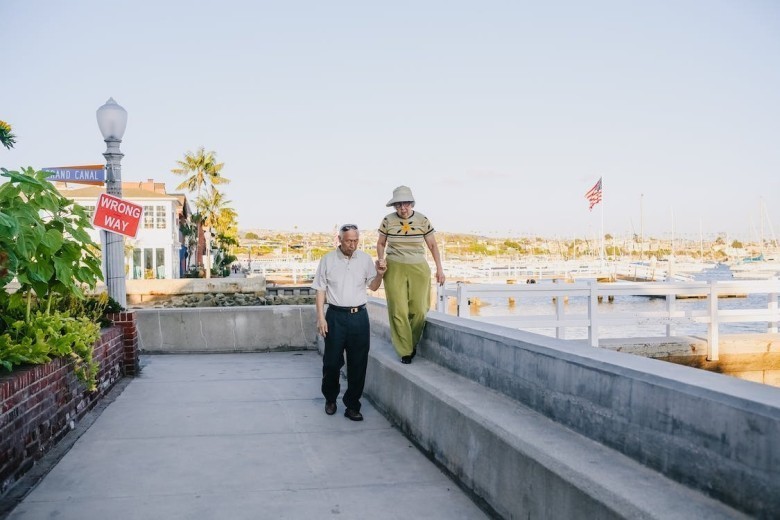
In 2020, researchers Anthony Strittmatter, Uwe Sunde, and Dainis Zegners published a study titled "Lifecycle Patterns of Cognitive Performance over the Long Run." The team examined 125 years of chess games - that's over 1.6 million moves in 24,000 games - to determine when chess players statistically reach their peak.
Maximum age for chess players is 40
The conclusion was that players "reach a maximum age of about 40 years" when comparing their chess moves to those of a chess computer. It was also noted, "Performance declines after the age of 45, although the decline is not statistically significant."

They concluded that "becoming an expert in chess and other cognitively demanding tasks" is not simply a question of "higher innate cognitive abilities." Instead, they believed that "training and the accumulation of experience" are equally important.
Focus in old age
"Maintained attention across the lifespan in a sample of 10,000: the distinction of ability and strategy" may not be the most exciting title, but this study from 2015 is very enlightening. The work was led by Dr. Francesca Fortenbaugh, Joe DeGutis, and Michael Esterman.
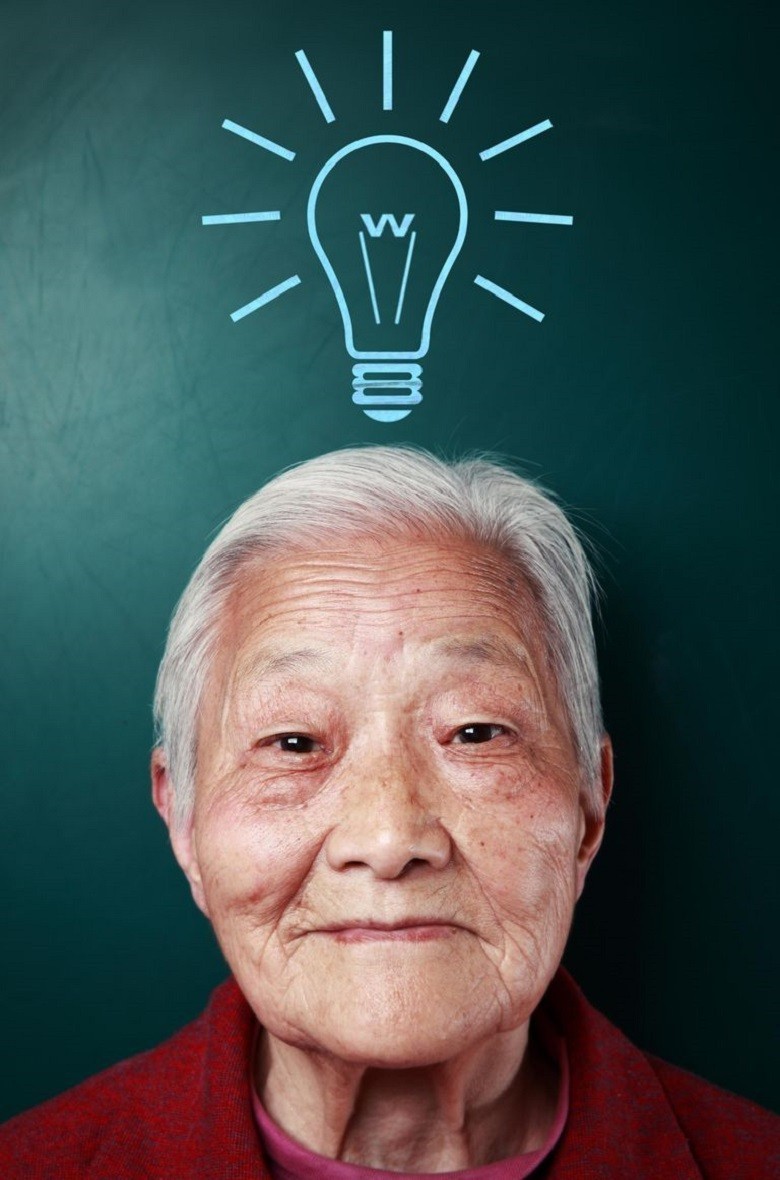
The researchers gathered data from 10,000 individuals who had completed a cognitive test on TestMyBrain.org. "While younger adults may excel in the speed and flexibility of information processing, adults approaching their middle years may have the greatest ability to focus," said Dr. DeGutis in a statement.
Best focus at 43
The team concluded that 43 years is the maximum age of our ability to concentrate for a decent amount of time. However, there was also some bad news: This peak is followed by "a gradual decline in older adults."

But don't worry, co-author Dr. DeGutis claimed that concentration is "highly trainable." He explained, "Activities such as spending more time outdoors, exercising, cognitive training, and meditation are ways people of all ages can improve their ability to concentrate."
Women reach a salary peak earlier than men
PayScale has been conducting studies on the gender pay gap since 2015. And in 2019, the organization also revealed the differences in income peaks between men and women. The study used data from over 1.4 million employees.

PayScale asked workers to complete a salary survey and provide other key information that could influence people's wages. You may not be surprised to learn that the gender pay gap is very real, but the age thresholds at which men and women reach their income peaks could be a revelation.
Salary peak for women at 44
The research found that women "reach their peak earnings at the age of 44." This peak averages at $66,700 for women with at least a bachelor's degree. No spoilers, but we will discuss the salary peak for men later on our list.
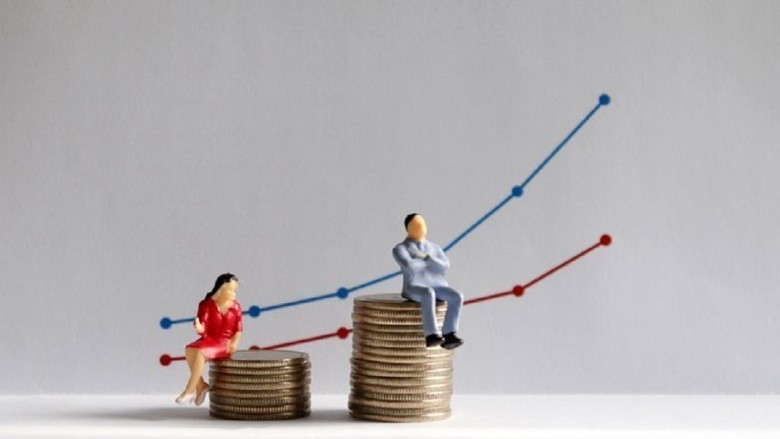
PayScale found in 2023 that the gender pay gap continues to be a reality. "Women doing the same job as a man, with exactly the same qualifications as a man, are still paid less year over year than men, with no attributable reason. There is no equal pay for equal work," the company stated on its website.
Ultramarathons are for older people
If the idea of attempting an ultramarathon fills you with dread, it may be because you haven't reached your peak age for this type of exercise yet. For your information, the ultramarathons analyzed in this study were 100 km long, approximately 62 miles.
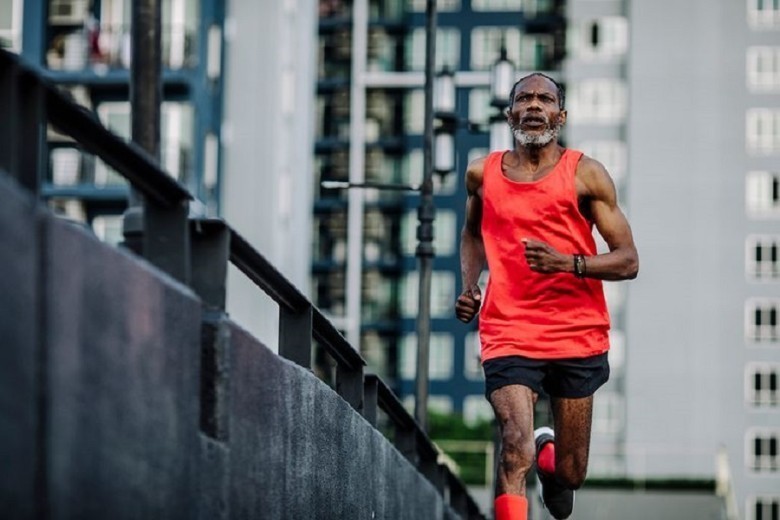
In fact, researchers Pantelis T Nikolaidis and Beat Knechtle analyzed 370,051 athletes for their 2020 study titled "Performance in 100-km ultramarathoners – At what age do they reach their peak?" These athletes included 44,601 women and 325,450 men who had completed a 100-km ultramarathon between 1959 and 2016. The peak age for men and women differed in interesting ways.
Peak age for ultramarathons between 40 and 49
"The age of peak performance was 40-44 years for women and 45-49 years for men when all finishers were analyzed," concluded the study. The Guardian also noted that this finding largely aligns with other research on the subject.
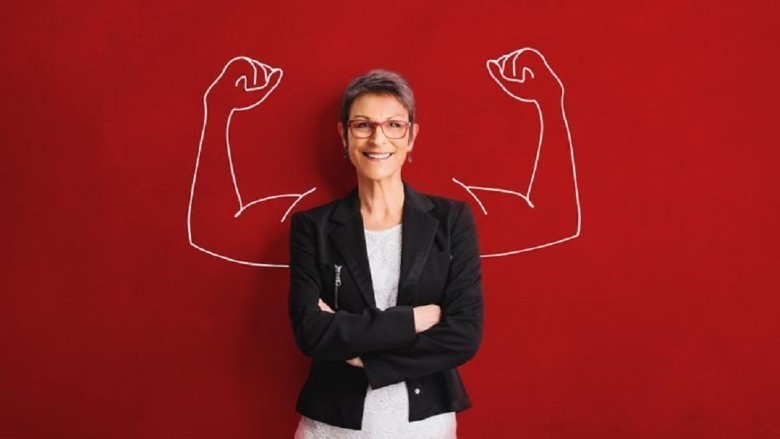
Another study on ultramarathon runners suggested that this may be partially due to older athletes being better at staying injury-free. Martin D Hoffman and Eswar Krishnan concluded, "Runners are typically more advanced in adulthood and have several years of running experience prior to their first ultramarathon."
Reading people becomes easier with age
"How well can you read the emotions of others based solely on their eyes?" That's the question posed by Lab in the Wild's "social intelligence test." The answer apparently reveals how well you can handle "team-oriented problem-solving tasks."
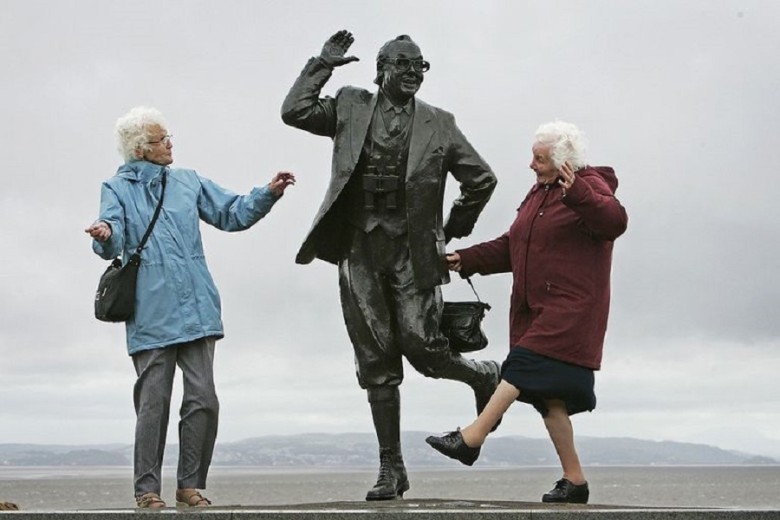
Joshua Hartshorne and Laura Germine conducted a study that analyzed this data and more for their study titled "When Does Cognitive Functioning Peak? The Aynchronous Rise and Fall of Different Cognitive Abilities Across the Lifespan." They found that people reach their peak in various different aspects later in life.
Peak "emotion perception" after the 40s
The study concluded that there was "a long period of relative stability in performance between 40 and 60 years" when it came to perceiving emotions. This was much later than the peak for, say, working memory.
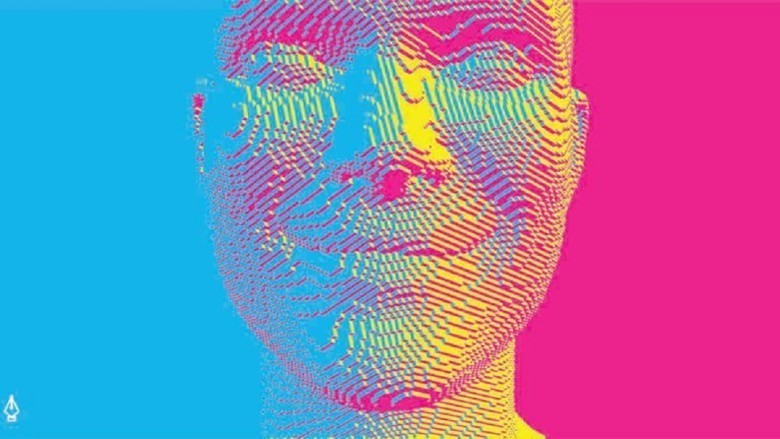
"What was interesting," Dr. Hartshorne told The Guardian in 2023, "was that people seemed to plateau in their 40s, but after that, we don't see much decline; it doesn't seem to get worse." Dr. Hartshorne also insisted that this wasn't the only research proving that emotional intelligence peaks later in life.
Dressage competitions are getting older
In their 2010 paper titled "Demographic Profile of Elite Dressage Riders," authors Lucy Dumbell, Jenni Louise Douglas, and Donna De Haan argued that "Equestrian sport is uniquely classified as an ‘early-starting, late-specializing’ sport." This means that competitors have been riding for ten years before deciding on a discipline.
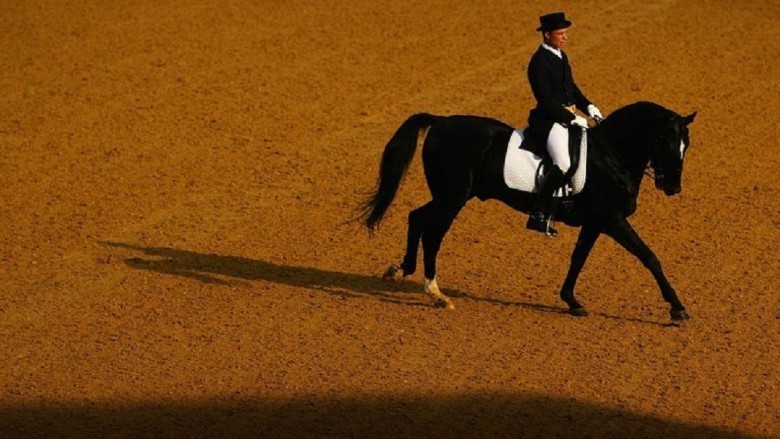
We acknowledge that the opportunity to compete in dressage is not available to everyone – or even most people. After all, one needs to own a horse, and the fact that people reach their peak performances in dressage later in life complicates matters further.
Peak age for dressage riders in their 50s
One only needs to look at the most visible dressage competition to see that age is just a number in this sport. American Stefan Peters won a team silver medal at the 2020 Tokyo Olympics at the age of 56, proving that older competitors can excel.
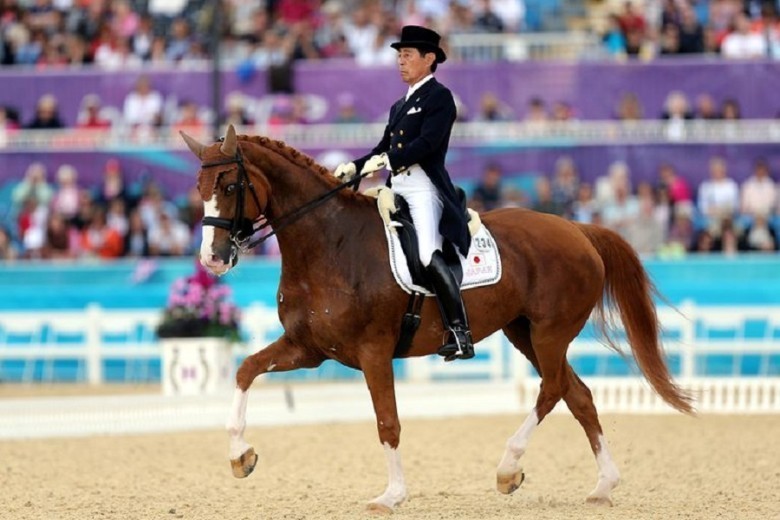
Other older dressage riders include 66-year-old Australian Mary Hanna in Tokyo and 71-year-old Japanese rider Hiroshi Hoketsu, who put on a great show at the 2012 London Olympics. Hoketsu has been participating in the Olympics since 1964!
Self-esteem improves with age
In 2012, researchers Ulrich Orth, Richard W Robins, and Keith F Widaman published the study "Development of Self-Esteem Across the Lifespan and its Impact on Important Life Outcomes." The study served as a reminder that self-esteem is an important aspect of our mental well-being.
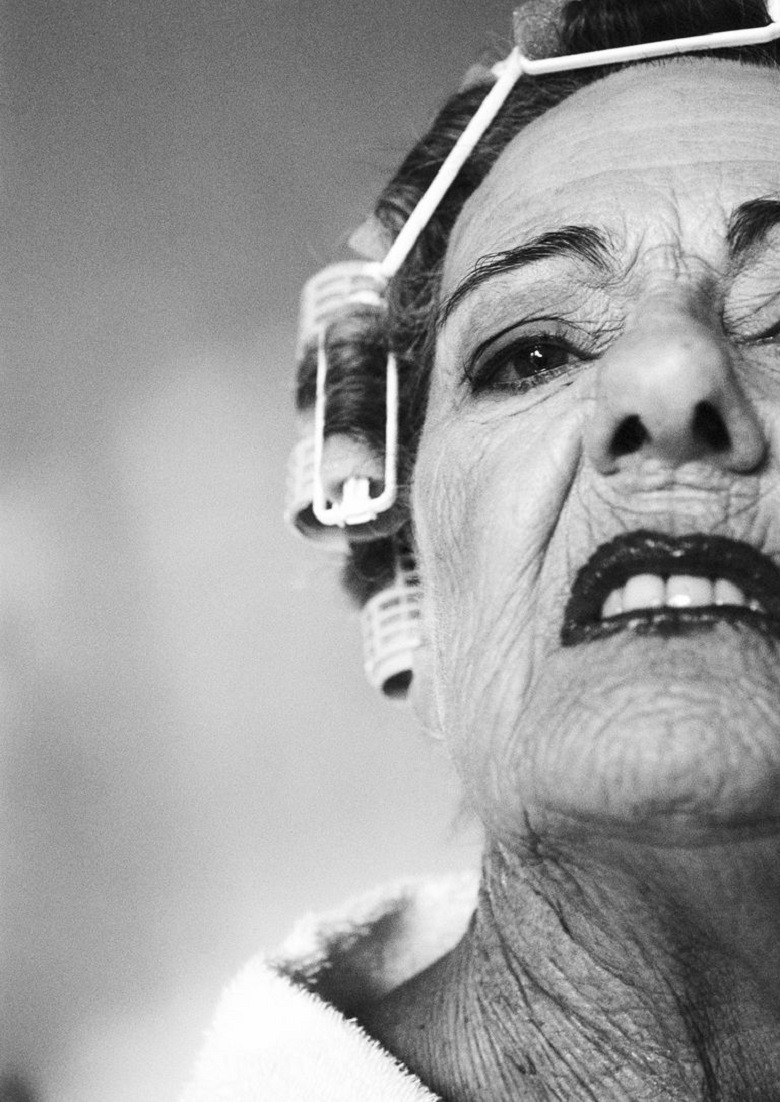
"The results suggest that self-esteem has a significant prospective impact on real-life experiences and that high and low self-esteem are not merely epiphenomena of success and failure in important life domains," concluded the study. So, it's good to know that our self-esteem improves as we surpass the age of 40.
Self-esteem peaks at 50
The research team analyzed data spanning over 12 years and involving more than 1,800 participants ranging in age from 16 to 97 years old. It turned out that self-esteem "peaks at around 50 years of age."

It is important to mention that "self-esteem increases from adolescence to middle adulthood... and then declines in later life" as revealed by the study. Unless you are Japanese. A 2020 study proved that self-esteem in Japan can continue to increase even beyond the age of 50.
Mathematics is more for older individuals
"Historically, there were considered to be roughly two aspects of intelligence," Dr. Hartshorne explained to The Guardian in 2023. "How fast you can think and how much you already know." We usually also think that younger individuals are better at quick tasks while older individuals excel in knowledge tests.
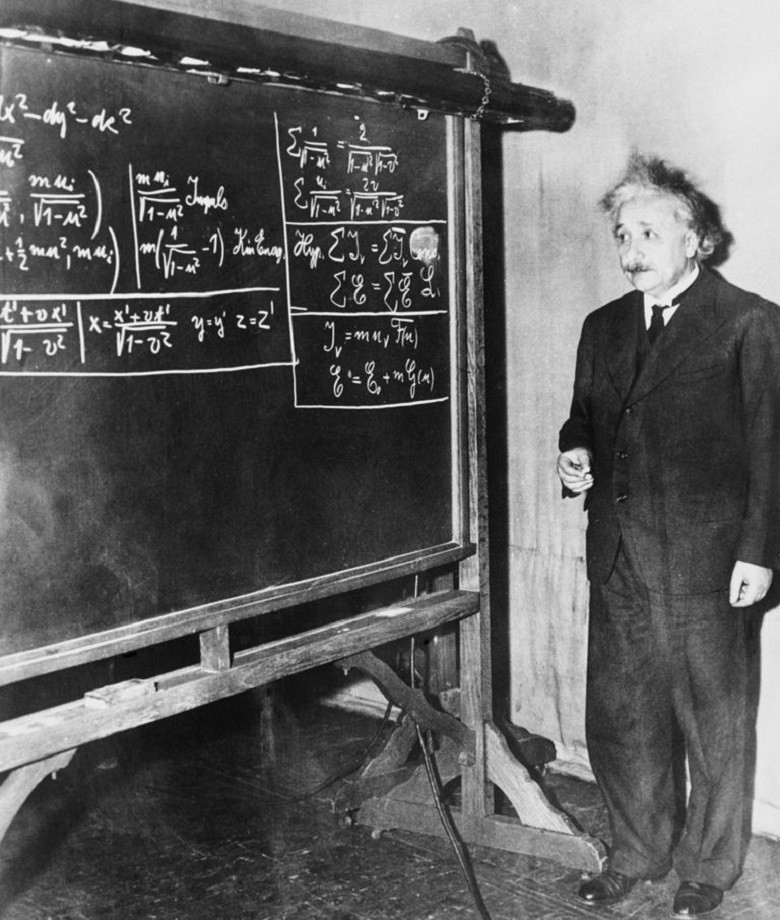
"It turns out the world is much more complicated than that," Dr. Hartshorne said. "We saw things that peaked at around 18, as expected; we saw things that peaked in mid-life; and we saw things that peaked later than expected." As for the question of who performs better in mathematics, the academic's study had a conclusive answer.
Mathematical abilities peak at 50
For their study titled "When Does Cognitive Functioning Peak?" Dr. Hartshorne and co-author Dr. Germine examined data from 2,450 "healthy, cognitively unimpaired Americans aged 16 to 89." These participants also came from "geographically diverse locations."
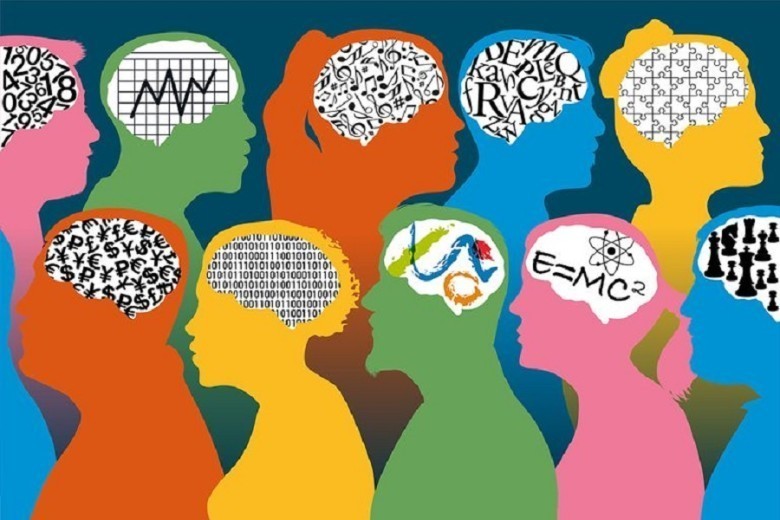
The result was that people performed best in solving mathematical problems starting at the age of 50. "For the average person, the word 'aging' implies a decay of things," Dr. Germine explained to the Harvard Gazette in 2015. "'Maturation' might be better."
Salary peak for men
You may have wondered when – if ever – we would reach the point where men reach their salary peak; we had previously learned that women, on average, reach their earnings peak at age 44. However, men reach the peak of their income at 55.

According to the PayScale study, the average peak salary for men with a bachelor's degree is $101,200: that's $34,500 more than for women. PayScale's former chief economist, Katie Bardaro, explained to CNBC Make It in 2018 that the main reason for this is "occupational choice."
Salary peak for men at 55
"Professions that are more common for men tend to have longer real wage growth," Bardaro explained. She gave examples such as software development and engineering. Examples of typically female careers were teaching or social work.

These occupations, Bardaro said, "tend to have shorter real wage growth." But she also stated that men's salaries stop growing in the decade leading up to retirement. "The absence of wage growth really just shows that you've hit a particular limit in your career that's very hard to overcome," she said.
Nobel laureates peak later in life
According to The Guardian, the average age of Nobel laureates is 44, but this fact alone doesn't give you the whole picture. After all, Malala Yousafzai was only 17 when she received her prize in 2014.
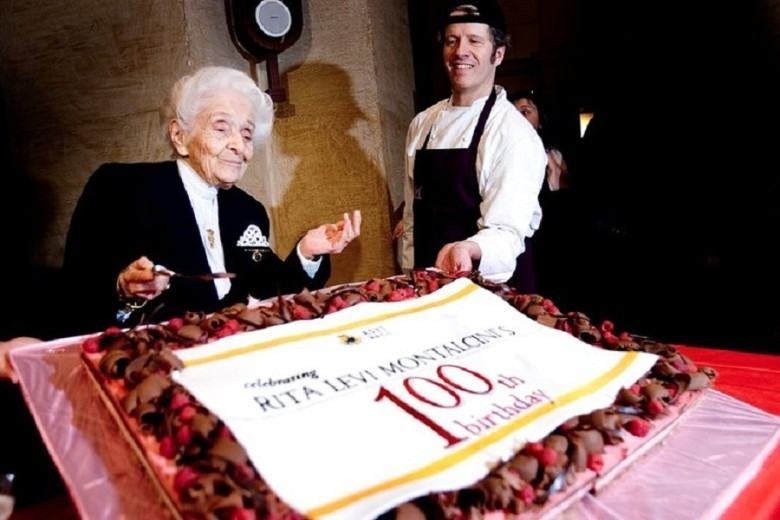
There was also a 25-year-old winner - Lawrence Bragg - in 1915, and he and Yousafzai skew the average age a bit. To get a better picture of the age of Nobel laureates, we need to break it down into categories. Fortunately, National Geographic did this work for us in 2018.
Win a Nobel Prize in your 60s
Most people won Nobel Prizes at the age of 61 and 63. So, if you've been working on your world-changing idea for years, don't worry: so has everyone else. Depending on the field, you even have more time.

According to National Geographic, the average age of Nobel laureates was 56 in physics, 58 in chemistry and medicine, 61 in peace, 65 in literature, and 67 in economics. The only hurdle left to overcome is that at the time of the study, there were only 50 women among the 900 awarded laureates.
Older actually means wiser
In a 2010 study titled "Reasoning about social conflicts improves into old age," researchers Igor Grossmann, Jinkyung Na, and Richard E. Nisbett examined wisdom and age. Their conclusion was that "older participants showed more wisdom than younger ones."
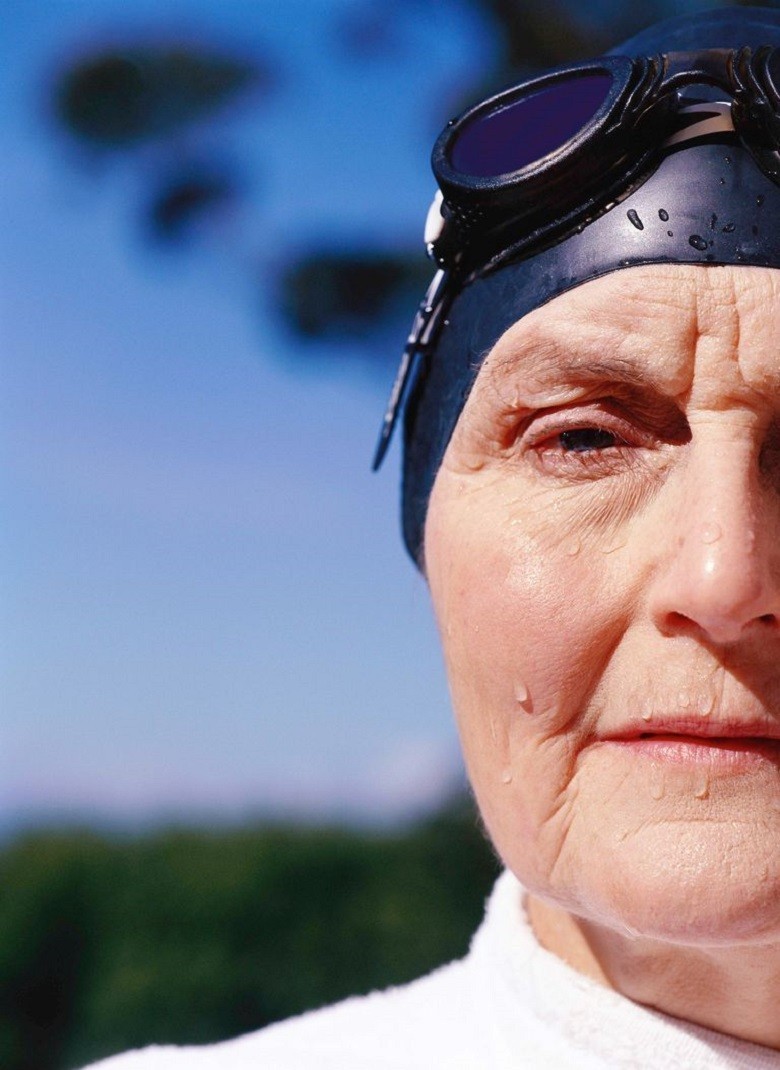
"The results suggest that it may be advisable to appoint older individuals to key roles in legal decision-making, advice-giving, and intergroup negotiations," concluded the study. The researchers also suggested that clinicians "should highlight the inherent strengths associated with aging."
Wisdom peaks at 65
In this case, "wisdom" was measured by presenting a group of participants with a social conflict and asking for solutions. Impartial experts evaluated these solutions to see which group - young, middle-aged, or old - had the best ideas.
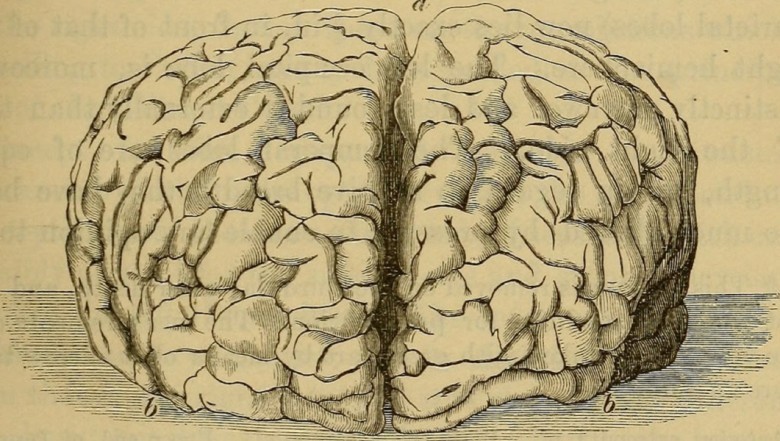
The average age of the best older participants was 64.9 years. "Wisdom comes from the sum total of things we've seen and experienced," Professor Daniel Levitin explained to The Guardian in 2023, adding: "The more you've experienced, the more wisdom you can tap into."
Life satisfaction improves with age
In 2013, Hannes Schwandt published a paper with the gloomy title "Unmet expectations as an explanation for the age u-shape in human well-being." But there was also good news amid the bad when it comes to life satisfaction.
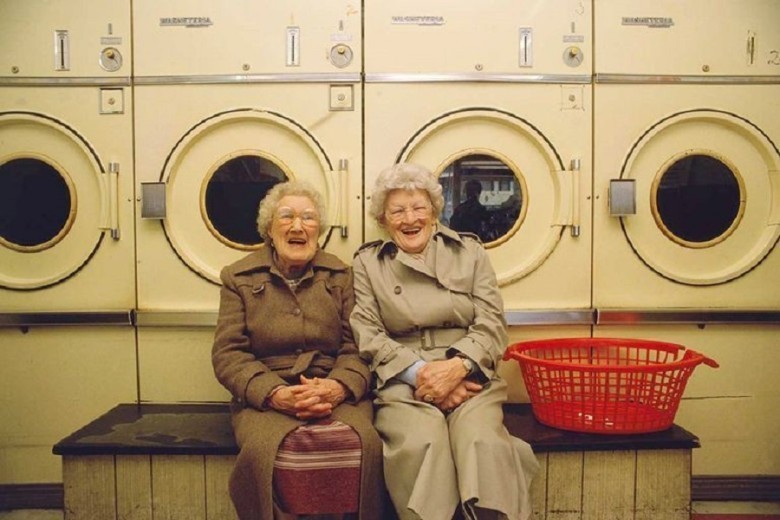
The study used a "unique panel of 132,609" individuals to measure "life satisfaction expectations" across the lifespan. Schwandt's study explained that there are two peaks in this regard. The first one comes when we are 23 years old.
Highest life satisfaction at 69
Then there is a significant dip in life satisfaction before reaching another peak at the age of 69. When these highs and lows are graphed, it results in what the researcher calls a "U-shaped curve in human well-being."
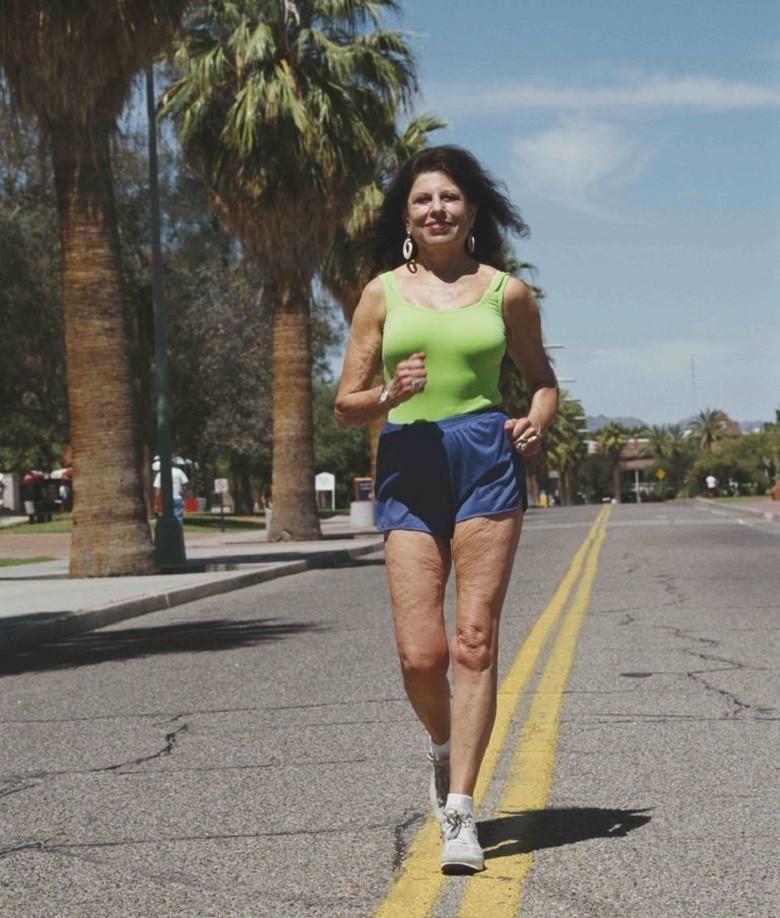
The study concluded that life satisfaction reaches its ultimate low in our mid-fifties and declines again after the age of 75. The moral of the story is to enjoy those sweet moments when you reach them: it seems that satisfaction doesn't persist!
Sexual Quality of Life
One might expect to reach their sexual peak in their twenties, but there are a few studies that suggest otherwise. For example, Match.com sponsored a survey in 2018 titled "Singles in America," which interviewed over 5,000 unmarried adults.

This survey found that 66-year-old single women and 64-year-old single men had the highest quality of sex. Sexual therapist Emily deAyala told USA Today that older people "are more likely to communicate what they like and don't like, which is a crucial skill for great sex."
Sex in your 60s
In 2016, Miriam K Forbes, Nicholas R Eaton, and Robert F Krueger conducted a study titled "Sexual Quality of Life and Aging: A Prospective Study of a Nationally Representative Sample." They examined over 6,000 Americans aged 20 to 93.

Their results showed that sexual quality of life (SQoL) remains stable with age. "Aging may be associated with the acquisition of skills and strategies that can mitigate age-related declines in SQoL, particularly within the context of positive relationships," the report stated. "We conceptualize these findings as sexual wisdom."
Language skills continue to improve
Dr. Hartshorne and Dr. Germine conducted their study titled "When Does Cognitive Function Peak?" with 10,000 participants on a puzzle website. The results indicated that people's vocabulary scores actually improved with age, which didn't surprise Dr. Hartshorne.

"There are things that take a lot of time to learn," he told The Guardian in 2023. "There's simply so much language to learn. It doesn't matter how quickly you think; there's no way around the fact that it takes decades to even be exposed to certain words."
Vocabulary peaks at 65
The findings from Dr. Hartshorne and Dr. Germine's study suggested that 65 is the optimal age for language skills. This contradicted studies from the 1990s that indicated "vocabulary peaks were happening later," according to Dr. Hartshorne.

"We might have seen people's vocabulary skills declining in their late forties in the last few decades of the last century because they weren't reading as much once they left school," Dr. Hartshorne told The Guardian, "whereas now, we're spending more time with printed material for both work and entertainment."
Older people are kinder
"The Normative Aging Study: Patterns of Middle-Age Change in Personality Traits Across the Lifespan" might not be the most exciting title for a study - apologies, Brent W. Roberts, Kate E. Walton, and Wolfgang Viechtbauer - but the study showed that people tend to become "more agreeable" with age.
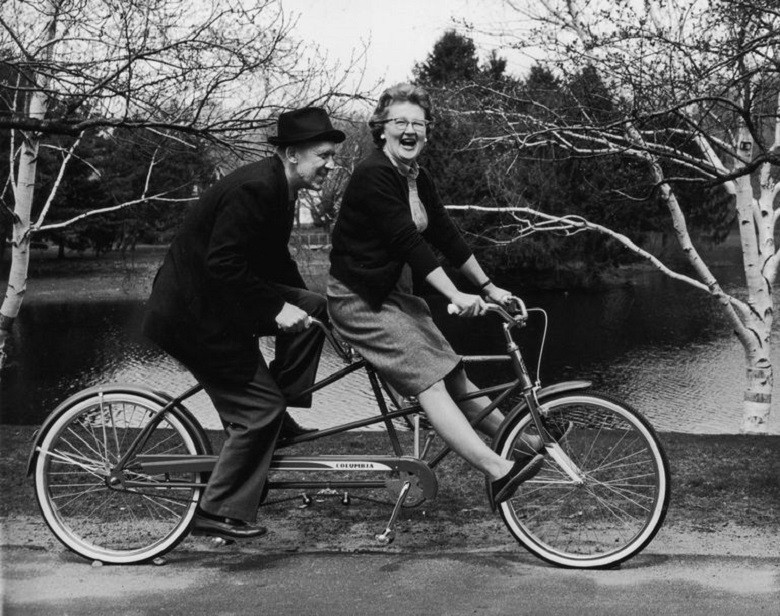
"Not everyone past 60 becomes nicer," neuroscientist Daniel Levitin told The Guardian in 2023. "We all know that cranky guy down the street. But in general, yes [we become nicer]. There are both structural changes in the brain and neurochemical changes."
Overall, age 60 and above is best for kindness
"The amygdala, the brain's fear center, shrinks with age, making older adults more trusting, compassionate, and empathetic," Dr. Levitin continued. "Men produce less testosterone, which makes them less aggressive and less confrontational."

"There's a positivity bias in memory - older adults are more likely to recall positive memories and less likely to recall negative ones," Dr. Levitin said. "They also become more tolerant and accepting - what we call 'grandparent syndrome.' One of the reasons is that as you reach a certain age, you realize, 'I've had it pretty good. I've made it this far. I'm grateful.'"

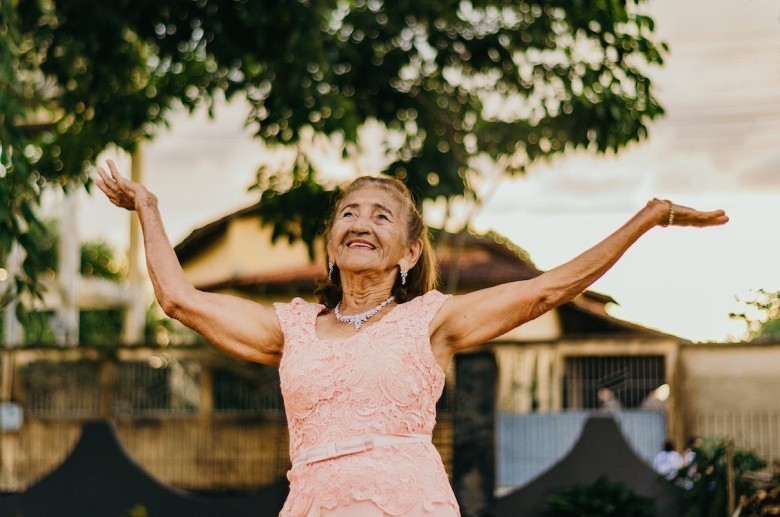

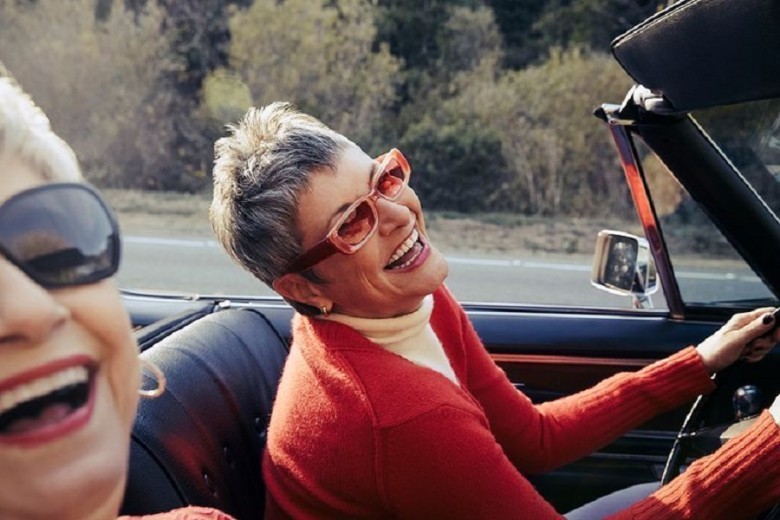

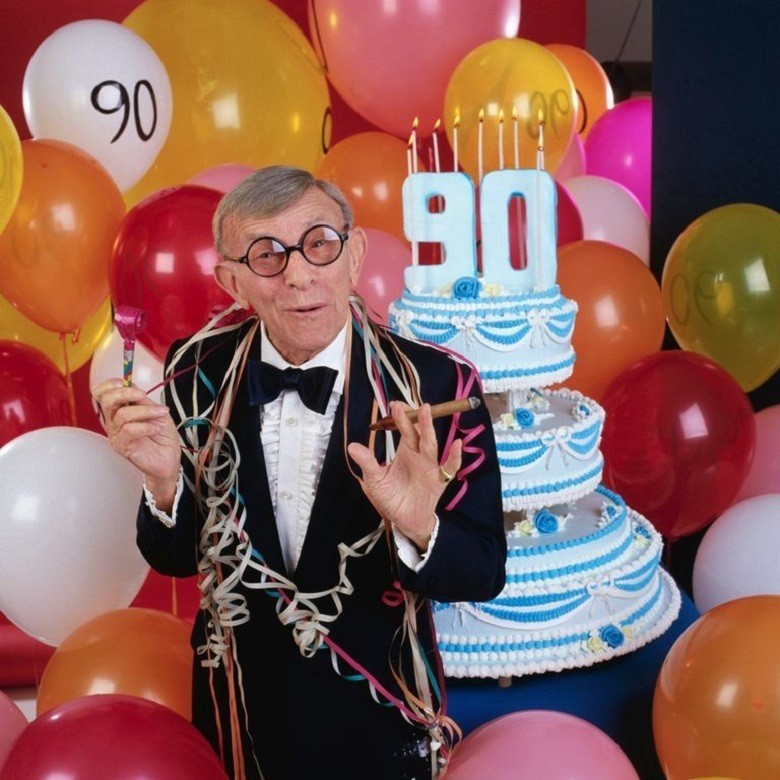










Comments
0 comment